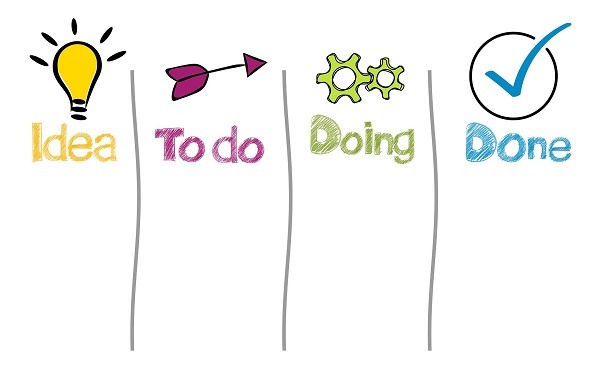A master’s in organizational leadership, one of the highest-paying master’s degrees, prepares you for management roles and responsibilities. However, as anyone who has ever worked in an entry-level job in just about any industry can attest, it takes a strong blend and balance of skills and personality traits to be an effective manager. Studying organizational leadership in graduate school can help you build your skills in communication, planning and organization, collaboration and motivation, especially if your curriculum provides hands-on experience that goes beyond what’s in the textbook.
Communication Skills
Communication is essential to leadership. Every plan, task assignment, expectation and piece of feedback that a leader gives to employees is filtered through their own ability to communicate. For that reason, it’s important that managers develop strong skills in speaking, writing and – perhaps most importantly – in listening.
Being a leader in an organization may mean that you’re the boss, but managers who fail to listen to their employees won’t be able to fully understand problems and opportunities for improvement. As a result, their organizations may never reach their full potential. Leaders who never learn to listen may cycle through employees at a rapid pace and become frustrated at never having the workforce they want, even though changing the way they communicate with employees could give them that exceptional team they’re seeking.
All leaders, even poor ones, communicate. The difference between bosses with good communication skills and those with subpar communication skills isn’t one of whether they communicate, but rather one of how they communicate. Being able to express feedback in ways that are constructive, rather than tearing workers down, is one example of how leaders use good communication skills.
Even failing to communicate with workers, such as missing meetings and neglecting to discuss projects, expresses to workers what a leader’s priorities are and what they are not. That’s why leaders of organizations need to communicate with intention, even in their internal emails and memos.
Planning and Organizational Skills
IMAGE SOURCE: Pixabay, public domain
How leaders communicate matters, but even stellar communication skills can’t make up for a lack of good planning. Managers are the ones responsible for getting everyone on the same page. They identify the goals of a project or effort, delegate tasks to the right workers and coordinate the work so that the project is successful. To do this effectively, you need strong skills in planning and organization.
This doesn’t mean that you must have the most organized desk or color-code your calendar. However, you must be able to break projects down into actionable tasks, organize tasks in chronological order and determine the skills needed for each component of a project. The more complex the task, the more extensive the planning for that task must be.
Leaders in more senior-level roles tend to handle more of the big-picture planning duties and those in lower-level roles tend to focus more on smaller details, like the scheduling and supervision of individual employees. Leaders at different levels work together to manage projects smoothly.
Collaboration Skills
If your perception of a leader is someone who stands out from the crowd and claims all the glory from achievements for themselves, it may be time to adjust your vision. The best leaders aren’t solitary attention hogs but rather skilled collaborators. They work across different departments of their organization, especially at higher levels of seniority. Successful leaders are skilled at connecting and collaborating with others in an organization, including those in higher and lower roles and those with different backgrounds and knowledge bases.
Good leaders of business organizations are more than just team players. They’re the coaches that foster the connections between each player in the organization.
Motivation Skills
The role of managing an organization, especially at the senior level, takes much more than giving pep talks. However, if you want to be a great leader, you need to develop the skill of bringing out the best in your workers. While this ability depends partly on your communication skills and your general “people skills,” it also takes a lot more intention.
Making a deliberate effort to motivate your workers may include clearly expressing to them your expectations, how you will measure performance in their jobs and how you will reward success. Feeling unsure of employers’ expectations or of their own performance can leave workers feeling adrift in an organization and contribute to employee dissatisfaction and worker turnover. The most successful organizational leaders avoid these negative outcomes by helping workers feel more secure in their own work and their organization as a whole.
Motivating workers may also involve reminding them of a mission that drives the company and of past successes. Bosses who recognize an organization’s progress and employees’ good performance inspire workers more effectively than those that only ever criticize or demand more from workers.
Additional Resources
What Does Someone With an Organizational Leadership Degree Do on a Daily Basis?
What Kind of Jobs Would I Look For With a Degree in Organizational Leadership?

